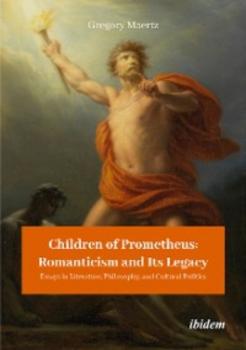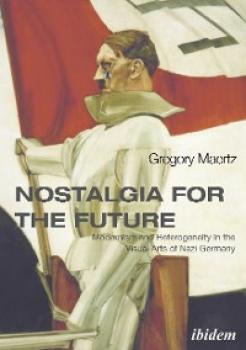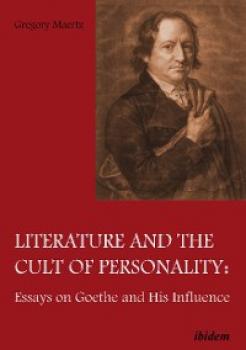Gregory Maertz
Список книг автора Gregory MaertzChildren of Prometheus: Romanticism and Its Legacy
Gregory Maertz has written extensively on Romantic and Modern literature, art, and ideas. In these nine related essays, he investigates the expression of Romanticism in literature, philosophy, and cultural politics from the Renaissance to Modernism. The comparative essays in Part One examine the affinity between the religious logic of Sir Thomas Browne and Søren Kierkegaard; Tolstoy’s enduring attraction to Schopenhauer’s thought; Rilke’s debts to the sculptor Rodin; the identification of an early novel by William Godwin as the chief precursor text to Mary Shelley’s Frankenstein; and the corresponding literary projects of Osip Mandelstam, Rilke, and David Jones. In Part Two the essays are clustered around the literary activity of writers and philosophers associated with radicalism in Britain and transcendentalism in America: a reconsideration of the life of William Godwin; the central role played by English radicals in the transmission of German literature; Godwin’s innovations in travel fiction; and the crystallization of authorial identity around the influence of Goethe in the work of women writers such as Mary Wollstonecraft, Margaret Fuller, and George Eliot.
Nostalgia for the Future: Modernism and Heterogeneity in the Visual Arts of Nazi Germany
From the early years of the Weimar Republic until the collapse of Hitler’s regime, demonizing modernist art as a symptom of the corruption of German culture was a standard trope in National Socialist propaganda. But how consistent and thorough was Nazi censorship of modernist artists? Maertz’s pioneering research unearths the persistence of recognizable modernist styles in painting and sculpture produced under the patronage of the Nazi Party and German government institutions, even after the infamous 1937 purge of “degenerate art” from state-funded museums. In the first chapter on Hitler’s advocacy for “eugenic” figurative representation embodying Nazi nostalgia for lost Aryan racial perfection and the aspiration for the future perfection of the German Volk, and in the second chapter on the appropriation of Christian iconography in constructing symbols of a Nazi racial utopia, Maertz conclusively proves that the Nazi attack on modernism was inconsistent. In further chapters, demonstrating Baldur von Schirach’s heretical patronage of modernist art as the supreme Nazi Party authority in Vienna and the German military’s unlikely function as an incubator of modernist art, Maertz reveals that the sponsorship of modernist artists continued until the collapse of the regime. Also based on previously unexamined evidence, including 10,000 works of art confiscated by the U.S. Army, Maertz’s final chapter reconstructs the anarchic denazification and rehabilitation of German artists during the Allied occupation, which had unforeseen consequences for the post-war art world.
Literature and the Cult of Personality
The construction of Johann Wolfgang von Goethe as an Anglo-American sage and literary icon was the product of a cult of personality that lay at the center of nineteenth-century cultural politics. A reconstruction of the culture wars fought over Goethe’s authority, a previously hidden chapter in the intellectual history of the period ranging from the late eighteenth century to the threshold of Modernism, is the focus of Literature and the Cult of Personality. Marginal as well as canonical writers and critics figured prominently in this process, and Literature and the Cult of Personality offers insight into the mediation activities of Mary Wollstonecraft, Henry Crabb Robinson, the canonical Romantic poets, Thomas Carlyle, Margaret Fuller, George Eliot, Matthew Arnold, and others. For women writers and Jacobins, Scots, and Americans, translating Goethe served as an empowering cultural platform that challenges the myth of the self-sufficiency of British literature. Reviewing and translating German authors provided a means of gaining literary enfranchisement and offered a paradigm of literary development according to which 're-writers' become original writers through an apprenticeship of translation and reviewing.
In the diverse and fascinating body of critical writing examined in this book, textual exegesis plays an unexpectedly minor role; in its place, a full-blown cult of personality emerges along with a blueprint for the ideology of hero-worship that is more fully mapped out in the cultural and political life of twentieth-century Europe.


